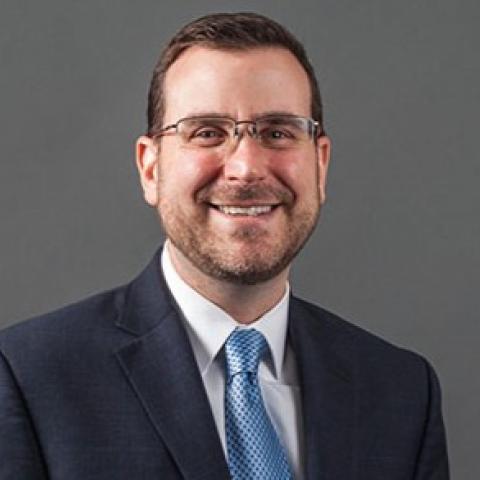Sometimes Congress does something right, and one example is the Bayh-Dole Act of 1980. This bipartisan patent law is widely recognized as one of the great legislative achievements of the past 60 years. It has massively boosted innovation and economic growth by incentivizing researchers and universities to commercialize their new inventions by, paradoxically, removing them from public control by the government. The Biden administration has now announced a plan to twist this law to reimpose government control over these inventions in the form of price controls. This proposal would kill this “golden goose” of innovation.
Before 1980, innumerable inventions derived from upstream federal funding of research sat on the shelf unused because the government claimed control over them. Bayh-Dole changed this by confirming that these inventors can obtain exclusive rights to their own inventions. In so doing, it affirmed the basic legal rule in American patent law that all inventors can obtain patents, regardless of their source of funding. As property rights, patents drive venture capital investments in startups and are the assets traded in the contracts — “licenses” in patent lingo — that have created global supply chains. University “tech transfer” offices were born, and university towns like Boston and San Diego became innovation hubs.
The result is history, as they say. There’s been an explosion in new products and services from life-saving breast cancer drugs to AIDS treatments to the Honeycrisp apple to the Google search algorithm. Studies show that between 1997 and 2017, university licensing of Bayh-Dole patents has led to more than 14,000 startups, almost one-half million new inventions publicly disclosed through patents, 5.9 million new jobs, and $1.7 trillion added to the GDP.
Enter the Biden administration, which has yet to encounter a successful market that it wishes to leave alone. Here, the Biden administration twists a minor provision of the Bayh-Dole Act known as the “march in” power to justify its grandiose price-control plan. Since the purpose of Bayh-Dole is to promote commercialization, what is to be done if a patent owner or a licensed manufacturer is not making and selling the patented invention? Bayh-Dole answered this query by authorizing a funding agency to “march in” and issue nonexclusive licenses to other companies to achieve commercialization of the invention. But this is a rare event. In fact, the government admits, “To date, no agency has exercised its right to march-in.”
There are serious constitutional concerns. The Biden administration wants agencies to issue licenses to companies for the sole purpose of selling a patented invention at a lower price, undercutting the patent owner (or its licensed company). The rationale for this march-in license will be some bureaucrat deciding that a price is “unreasonable.” How will this person know this? On the basis of some indeterminate methodology. In addition to this arbitrariness, the proposed regulations make no allowance for compensating a patent owner for this unauthorized use of its property, do not acknowledge the interference with existing contracts, and ignore the negative impact on all firms forced to compete with a subsidized competitor selling at below-market prices.
Is there any evidence that Bayh-Dole patented inventions are sold at prices that are too high? The one go-to example is prescription drugs, but this is just political rhetoric. Healthcare innovation is one of the most risky ventures in the entire U.S. economy: $2.6 billion and 10-15 years of research and development have been expended before a new drug is approved by the Food & Drug Administration. Only about 12% of new drugs survive running the gauntlet from first discovery through FDA clinical trials. Still, to this day, more than 50% of all new drugs are invented in America. Why? Reliable and effective patent rights secured to inventors, including inventors working in universities receiving some public funding. This is the economic miracle of Bayh-Dole.
The Biden administration proposes to turn this miracle on its head. Sens. Birch Bayh (D-Ind.) and Bob Dole (R-Kan.) explicitly said their new law “did not intend that government set prices on resulting products. The law makes no reference to a reasonable price that should be dictated by the government. This omission was intentional.” They knew what it meant to promote commercialization with secure private property rights. In twisting the Bayh-Dole Act to continue his policy agenda of government control over every facet of American life, President Biden will violate the constitutional property rights of innovators and kill America’s innovation goose.















